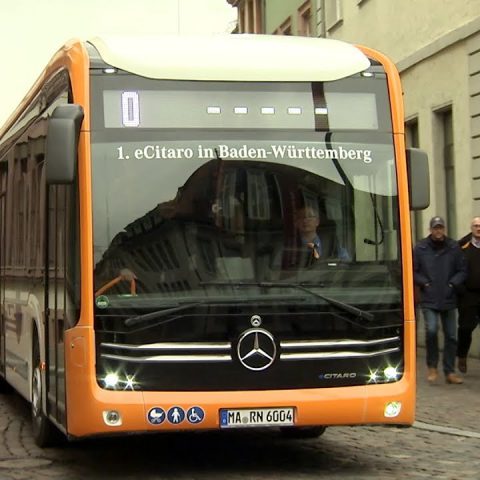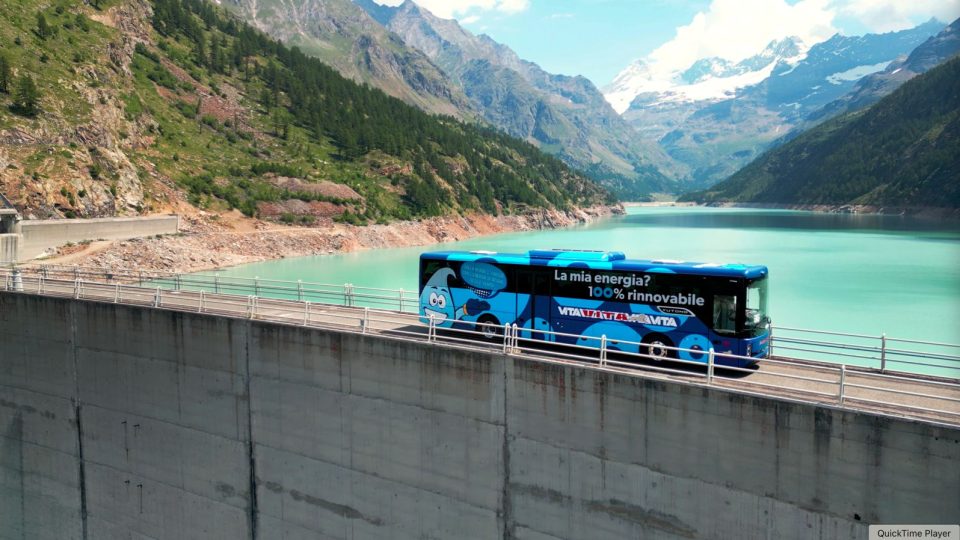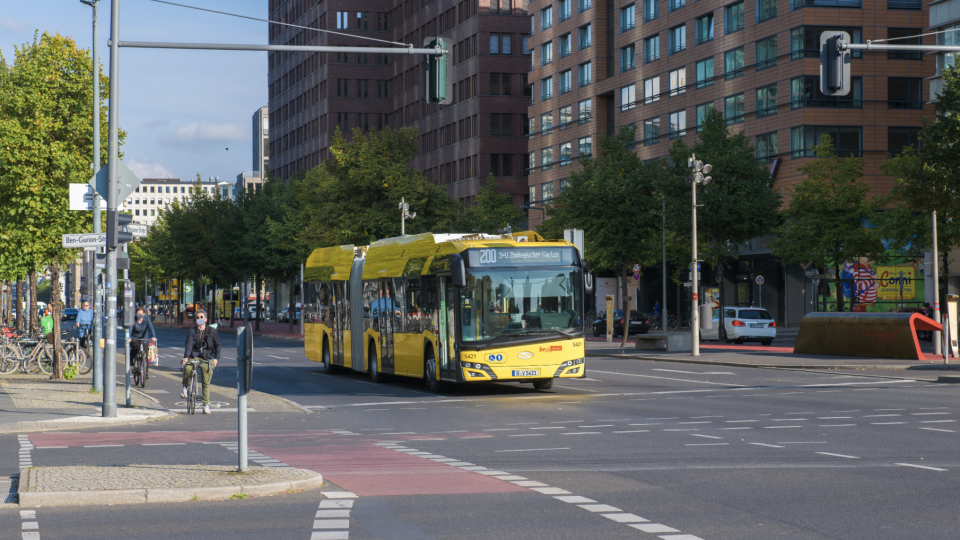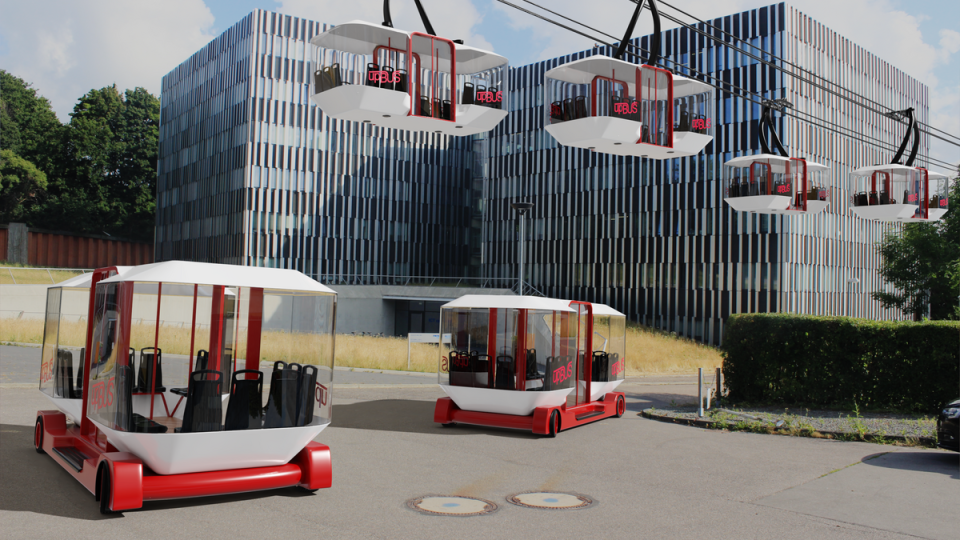RNV awarded Daimler with a new e-bus order for Mannheim: 15 vehicles in 2020, up to 30 in two years
RNV is taking the next step towards an increasing deployment of zero emission buses. 15 battery-electric buses to be delivered in 2020 with an option for another batch of 15 for hand over in 2021: this is the goal of a European call for tender which ended up with the awarding to Daimler Buses. Further […]

RNV is taking the next step towards an increasing deployment of zero emission buses. 15 battery-electric buses to be delivered in 2020 with an option for another batch of 15 for hand over in 2021: this is the goal of a European call for tender which ended up with the awarding to Daimler Buses. Further units of ‘locally-built’ eCitaro (the plant where they are produced is in Mannheim) will then be joining the three buses rolled out by Rhein-Neckar-Verkehr GmbH since January 2019.

Mercedes eCitaro for RNV, the only bid
According to SWR Actuell, the vehicles will be in service in the cities of Ludwigshafen, Mannheim and Heidelberg, as a result of a funding of almost 10 million euros issued by the Federal Ministry of Transport. Still according to the news reported on the local media, around 25 million euros will be necessary to get buses, charging stations, driver trainings.
The new e-buses for Mannheim will be bought together with full service contract. In the procurement document it is required that «the battery shall be designed for a range of at least 250 km (according to NEDC) and shall be capable of being charged via a CCS plug». Daimler has been the only producer to present a bid in this call for tender.
The articulated eCitaro, coming…
Recently the first commercial application for the Mercedes eCitaro G started in Switzerland. Three vehicles are in operation in Zurich on the ETH Link managed by EUROBUS, which is thus the first transport company to use the articulated bus with fully electric drive in regular service operations.
The articulated version of the eCitaro was announced to be ‘ready for rollout’ in September, with first deliveries expected for end 2020. In June, Daimler said there were already definite orders for over 60 of the new Mercedes eCitaro G from half a dozen towns and cities (starting from Munich).
It is worth mentioning that the electricity for the operation of the electric buses is produced solely with Swiss water power – or as it is known in Switzerland, “Wasserstrom”; the standard term for electricity generated from environmentally friendly hydroelectric power. This conserves fossil resources and hugely reduces CO2emissions.









